-
Nosebleeds
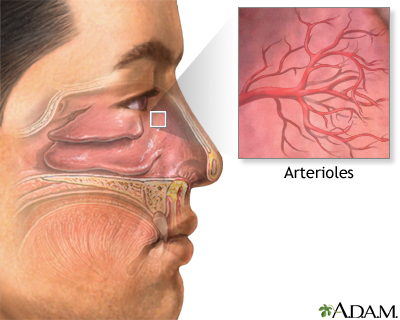
Nosebleeds, while sometimes aggressive and very messy, are usually extremely easy to handle. They are very common, especially in children between 2 and 10 year old and adults between 50 and 80 years old. A…
-
The Epley Maneuver
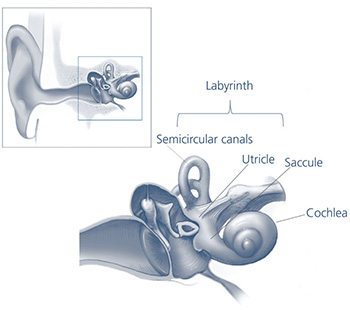
The Epley Maneuver is used to treat vertigo caused by the disorder paroxysmal positional vertigo (BPPV). Otoconia, or calcium deposits deep in the ear, are thought to be the cause of BPPV. BPPV typically only…
-
What is GERD
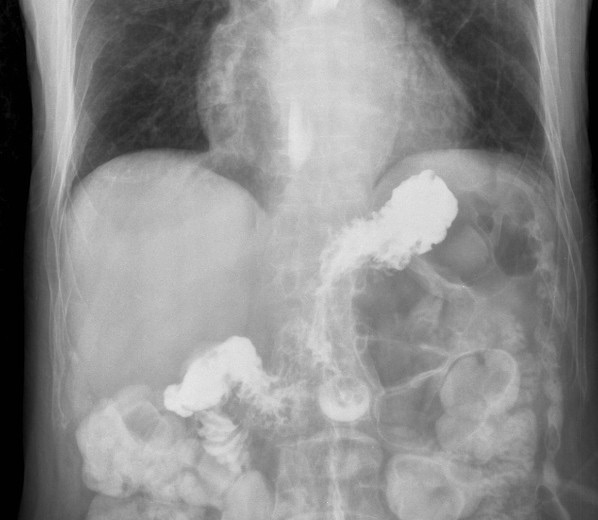
GERD is short for gastroesophageal reflux disease and is a digestive disorder that affects the lower esophageal sphincter (LES). Thus, GERD reflux is simply the return of the contents of the stomach upwards into the…
-
The Key Challenges Faced When Getting Hearing Aids

I’d like to draw your attention to a wonderful article written by Jane Brody and recently featured in the NY Times. It chronicles the ups and downs of people who need hearing aids but face a myriad…
-
Reducing Elderly Cognitive Decline With Hearing Aids
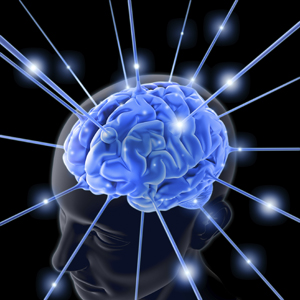
This article from The Hearing Review offers terrific insight into a new long-term study that shows how wearing hearing aids can reduce cognitive decline associated with hearing loss, and may motivate older adults to finally seek…
-
Hearing Loss Can Mean Brain Tissue Loss
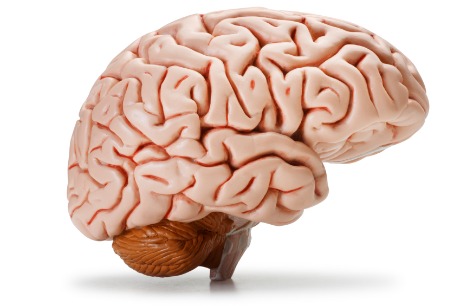
A recent study from Johns Hopkins and the National Institute on Aging has found that for older adults with impaired hearing, brain tissue loss happens faster than it does for those with normal hearing. The results and…
-
The True Costs of Hearing Loss

If you have started to read my posts, you may notice that I’m becoming a fan of Jane Brody and her pieces in the New York Times. Here is another example of how she advances our…
-
Nine tips to keep loved ones with hearing loss close this holiday season

According to the Better Hearing Institute, keeping the people you love who are struggling with hearing loss in the conversation and part of the celebration is one of the most meaningful things you can do this…
Patient Education
1
2